Since 2017, Da Nang city has been piloting the opening of government agency data and providing data as a service on the Open Data Portal to create new value for citizens and businesses.
Currently, many businesses are using the Da Nang Open Data Portal to create new digital technology products. Examples include using data on temporary waste collection points to develop smart environmental applications; data on establishments granted Food Safety Certificates to build applications for searching food safety establishments; and data on hospitals and medical centers to develop applications for managing ambulance services, among others.

In addition, more than 10 agencies and localities from other provinces and cities have registered to use the Da Nang Open Data Portal to upload data and use data lookup services, serving the data exploitation and lookup needs of their own users.
Specifically, from January 1, 2023, Da Nang has been collecting fees for the use and exploitation of the notarization database in Da Nang City from notarization organizations for searching information on blocked transactions and information on the lifting of blocked transactions; serving the notarization of contracts and transactions. With this regulation, Da Nang is the first locality in the country to implement digital transformation, generating revenue for the budget.
The city is continuing to expand its shared data repository to collect and process unstructured/semi-structured data (camera data, IoT, sensors, social networks, etc.) for sharing with various sectors and localities for use in management and administration. In particular, it provides and shares data to the Open Data Portal so that citizens and businesses can reuse it, support innovation, startups, and create new products and applications.
However, to further develop and effectively exploit the potential of digital data, Mr. Nguyen Quang Thanh, Director of the Department of Information and Communications of Da Nang City, put forward four proposals.
Firstly, data specification for managed objects in various sectors and fields is necessary. The development and specification of databases for ministries, sectors, and localities should adopt a top-down approach, where each ministry or sector issues a list of specified objects and management classifications for each sector to serve as a common framework for local application.
From there, a catalog of shared databases and specialized databases for the locality will be built. Currently, many ministries and sectors have not yet developed and issued this catalog of specifications, causing confusion among localities in the process of developing their own local catalogs.
Secondly, there is the issue of sharing digital data from central agencies. Currently, central agencies such as the General Department of Taxation, the General Statistics Office, and the Vietnam Social Security have not yet shared data with localities due to conflicting specialized legal regulations that contradict the provisions of Government Decree No. 47/2020/ND-CP dated April 9, 2020.
Thirdly, providing and sharing open data. Mr. Nguyen Quang Thanh suggested that localities need to clarify the levels of Closed, Shared, and Open data, and which agency makes the decisions. Along with that, there needs to be a compliance process where the data subject or the state management agency ensures compliance with regulations on personal data protection according to Decree No. 13/2023/ND-CP.
Fourth, the national economic classification system. The current Vietnamese economic classification system (issued by Decision No. 27/2018/QD-TTg dated July 6, 2018, of the Prime Minister) does not fully encompass the scope of activities of the Information and Communication Technology (ICT) sector in particular, and has not clearly defined the areas of activity of the digital economy in general. This leads to incomplete statistics on revenue of the ICT sector and the digital economy, thus creating difficulties in state management and policy planning for the sector's development.
The Director of the Da Nang City Department of Information and Communications proposed that the Central Economic Committee request the Ministry of Planning and Investment to promptly research and update the industry code for Information and Communications to suit current practical conditions, facilitating the development orientation of the industry in line with the content of the Digital Economy for management and statistical purposes.
Bao Anh
Source








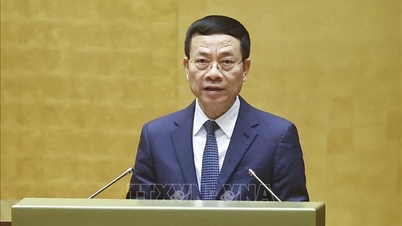

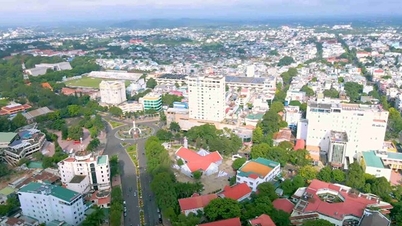

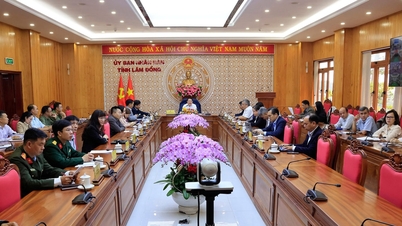






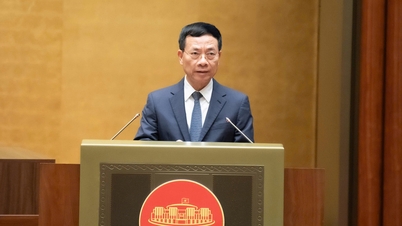




















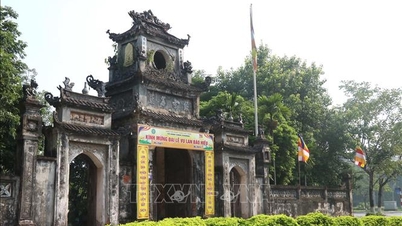










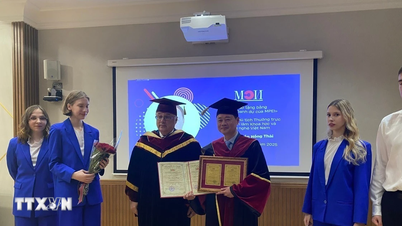



























































Comment (0)